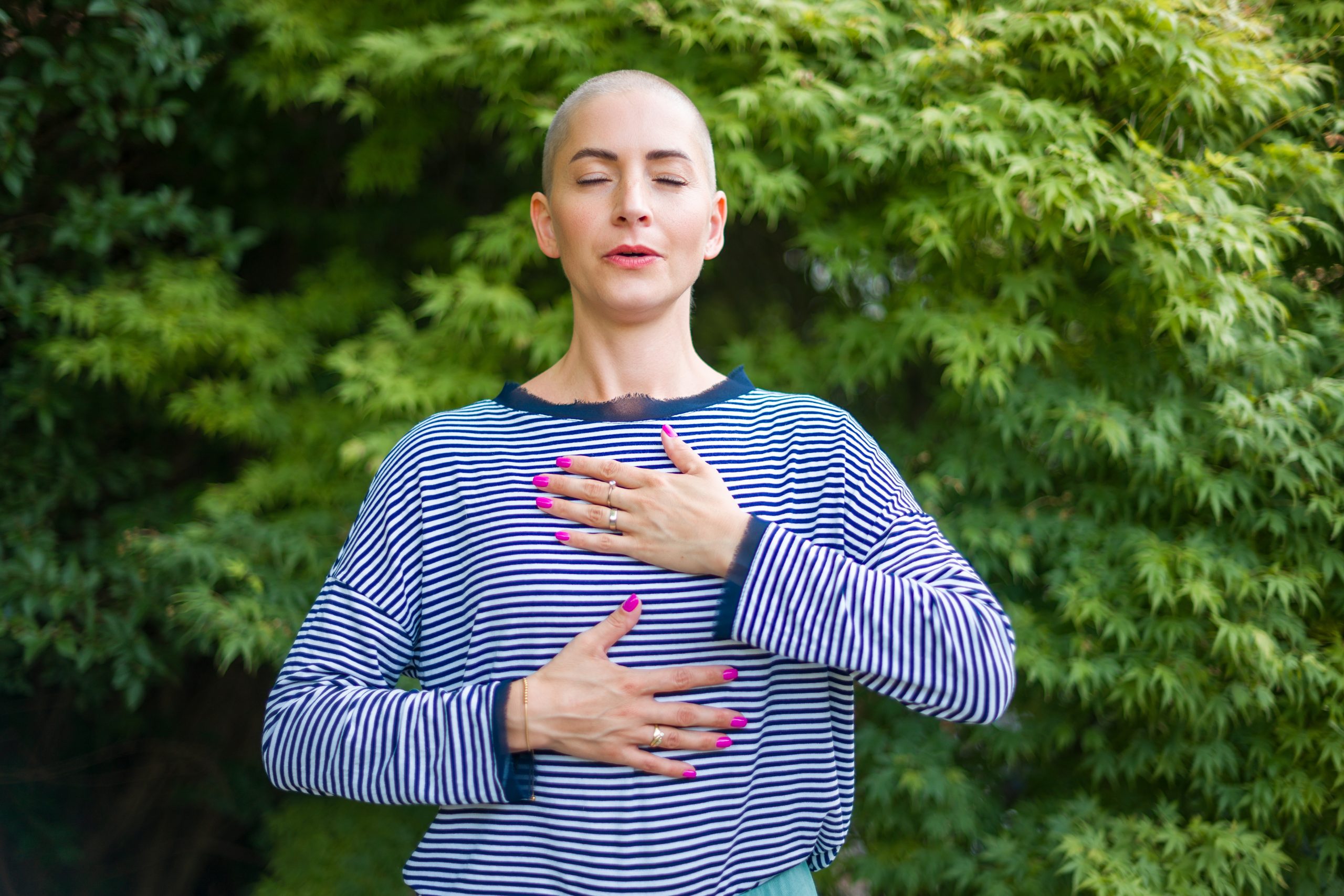Real peace isn’t about silencing your thoughts—it’s about making peace with them, right where you are, even when life refuses to cooperate.
Story Snapshot
- The core of Dr. Bertin’s meditation is radical acceptance, not forced positivity or mental control.
- Meditation’s power comes from observing, not fixing, your thoughts and emotions in the present moment.
- This approach is rooted in clinical science and ancient wisdom, now mainstream through platforms like Mindful.org.
- The movement is reshaping how Americans manage stress, build resilience, and care for their mental health.
The Art of Acceptance: A Meditation That Defies Fix-It Culture
Americans have been trained to fix, optimize, and improve everything in their path—except, perhaps, for the chaos inside their own heads. Dr. Mark Bertin’s guided meditation, launched on August 7, 2025, flips that script. He invites listeners to drop the exhausting quest for self-improvement in favor of gentle, nonjudgmental awareness. The instructions are deceptively simple: notice what’s happening, feel what you feel, and resist the urge to edit or escape. For a society addicted to self-improvement, this is a radical act.
This shift isn’t just a philosophical preference—it’s a response to a world that’s spun out of control. The COVID-19 pandemic, economic uncertainty, and relentless digital noise have left millions anxious, restless, and desperate for relief. Mindful.org, now a household name in wellness circles, has responded by curating accessible meditations like Bertin’s that emphasize presence without pressure. These aren’t mystical rituals; they’re practical tools, designed for anyone overwhelmed by the daily deluge of thoughts and emotions.
Where Ancient Wisdom Meets Modern Science
Mindfulness is no longer the exclusive domain of monks or yoga studios. Its roots reach back to ancient Buddhist practice, but the modern mindfulness movement has made it as common as coffee breaks. Jon Kabat-Zinn’s pioneering mindfulness programs in the 1970s paved the way, and now clinicians, educators, and corporate leaders tout its benefits. What distinguishes Bertin’s approach is his refusal to promise transformation. Instead, he teaches that observing—without judgment—is enough. This is a disciplined letting go, not a lazy resignation.
Research backs him up. Acceptance-based practices, including Mindfulness-Based Stress Reduction (MBSR) and Acceptance and Commitment Therapy (ACT), consistently improve emotional regulation and lower stress. Critics warn against overhyping mindfulness as a cure-all, but the consensus is clear: learning to sit with discomfort can be a game-changer for mental health. Bertin’s dual expertise as a developmental pediatrician and mindfulness teacher gives his approach a credibility that stands out in a crowded field.
From the Clinic to the Kitchen Table: Mindfulness for Real Life
Bertin’s meditation isn’t just for stressed-out professionals or spiritual seekers. It’s for anyone facing a barrage of worries, regrets, or “should-haves.” The technique is intentionally concrete and accessible—twelve minutes, any chair, no incense required. Bertin’s clinical background shines through in his practical language. He isn’t offering escape, but a way to coexist with reality, even when reality is messy. This is why healthcare workers, parents, and everyday Americans are flocking to his sessions and Mindful.org’s weekly guides.
Meditation for acceptance is quietly changing the landscape of American wellness. It’s infiltrating hospitals, classrooms, and boardrooms, nudging people to stop fighting their minds and start observing them. The promise isn’t a life without pain or distraction, but a life where those things no longer run the show. For those who feel battered by the news cycle or their own racing thoughts, that’s a revolution worth noticing.
Mental Health in the Age of Relentless Uncertainty
The meditation’s release comes as Americans face historic levels of stress and uncertainty. Mindful.org and Bertin are meeting this moment with resources that don’t sugarcoat or offer empty reassurances. The message is clear: peace isn’t conditional on circumstances improving. It grows from the radical act of accepting what is, right now. Healthcare professionals, caregivers, and those on the front lines of stress are especially drawn to this approach, which offers resilience without denial.
Long-term, the ripple effects are significant. Mindfulness practices can lower healthcare costs, improve workplace productivity, and foster more compassionate communities. As acceptance-based meditation becomes normalized, it promises not only personal calm but a shift in how society approaches suffering and well-being. The evidence is mounting, and the cultural tide is turning—slowly, quietly, and profoundly.











